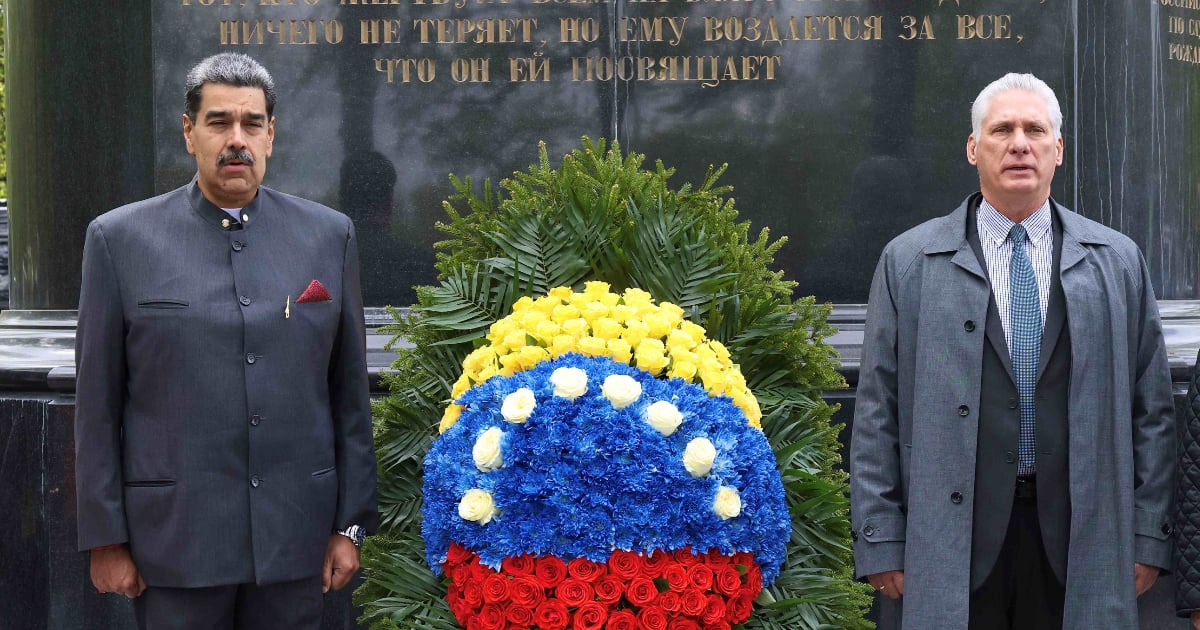Recently, twelve nations, including Cuba, Russia, Iran, Venezuela, North Korea, and Nicaragua, endorsed a new United Nations convention aimed at combating cybercrime. They used this opportunity to advocate for a digital governance model focused on "state sovereignty" and free from "foreign interference." In a joint statement released last Wednesday by their UN delegations, these countries—known for their lack of transparency and restricted digital freedoms—celebrated the adoption of this International Convention against Cybercrime, which was pushed forward by Russia and negotiated under Algeria's leadership, according to the state-run Granma newspaper.
The signatories describe it as an "unprecedented universal agreement" intended to curb the criminal use of cyberspace. However, instead of focusing primarily on tackling hackers or online scams, the emphasis was placed on stopping what they term "foreign digital interference."
Prioritizing Sovereignty in Cyber Governance
The shared perspective of Havana, Moscow, and Tehran highlights a cyber governance strategy rooted in sovereignty, opposition to unilateral control of networks by powerful nations, and a demand for private entities—such as major tech companies—not to wield influence over cyberspace. The document subtly criticizes the use of technology for purposes "inconsistent with peace," like promoting protests, providing free internet access via satellite networks, or supporting activists within authoritarian regimes.
Although not explicitly stated, the message targets initiatives like Starlink, which have enabled unfiltered access to information in places like Ukraine, Iran, or Cuba. The convention, set to open for signatures in 2025 in Hanoi, introduces new legal frameworks for judicial cooperation in digital crimes, including the exchange of electronic evidence.
Potential Risks of the Cybercrime Convention
Despite its intentions, there is a concern that such agreements could, depending on each country's internal laws, be used not only to combat cybercrime but also to suppress dissent or censor uncomfortable content under the guise of cybersecurity.
One of the most notable proposals in the text is the establishment of a Permanent ICT Security Mechanism under the UN's auspices, replacing the current multilateral working group. This aims to create a "stable institutional framework" to address cybersecurity issues through multilateralism, avoiding the "technological impositions of the global north."
Signatories of the declaration include the governments of Russia, Cuba, Venezuela, Iran, North Korea, Nicaragua, Belarus, Egypt, Iraq, Kyrgyzstan, Laos, and Burkina Faso. These nations have been previously criticized for limiting free internet access, surveilling their citizens, or enforcing systematic digital censorship.
A Latin American diplomat, who chose to remain anonymous, succinctly summarized: "This convention allows for control to be reclaimed through a sovereign and multilateral approach." The type of control, of course, will depend on the political landscape of each signatory.
Cuba's Strategic Role in Russia's Digital Expansion
Earlier this year, an investigation by the independent portal YucaByte, titled "Russia Utilizes Cuba as a Strategic Bridge to Expand Its Technological Influence in Latin America," unveiled how the Kremlin has bolstered its digital presence in the region through a strategic alliance with the Cuban regime.
The report elaborates on how the Island not only receives Russian technologies but also serves as a channel to penetrate other Latin American markets. The investigation focused on the presentation of the Russia-Cuba Platform at the Havana International Fair (FIHAV-2024), a project aimed at implementing digital technologies on the Island and facilitating their expansion into Latin America.
This approach, according to YucaByte's sources, includes everything from cybersecurity solutions to digital education and fintech tools, with a clear geopolitical component. Executives from GenIT, a Russian software firm cited in the report, noted that Cuba provides an ideal environment for this strategy due to its political alignment with Moscow, its history of bilateral collaboration, and its growing need for basic technological solutions.
Additionally, the low demand for specialized human capital and the Cuban government's willingness to operate outside Western-imposed restrictions ease the model's implementation.
The alliance extends beyond commercial or academic spheres. Cuba's Ministry of Communications even proposed the creation of a National Cybersecurity Center with Russian support, and the involvement of Cuban institutions like CUJAE and UCI in AI development networks promoted by BRICS+.
This close technological connection strengthens the Island's role as a crucial piece in the Kremlin's digital architecture in the region. The report also highlights that the model proposed by Russia could lead to new forms of digital dependency for Cuba, raising questions about the regime's potential use of advanced surveillance, data storage, and censorship tools.
While these technologies are framed as modernization measures, they hold the potential to reinforce state control over information and online citizen activity. Finally, YucaByte's analysis connects this new phase of cooperation to historical precedents, such as the former Soviet surveillance base in Lourdes, and points out that Russian influence in cybersecurity is not new. The novelty lies in the digital dimension of control and how the Island, beset by crisis and sanctions, has once again become a strategic outpost for Moscow's geopolitical interests.
FAQs on Cuba's Cybersecurity Alliance
What is the main goal of the new UN Cybercrime Convention?
The new UN Cybercrime Convention aims to combat criminal activities in cyberspace while emphasizing state sovereignty and reducing foreign interference in digital governance.
How does Cuba benefit from its alliance with Russia in the digital sector?
Cuba benefits by receiving Russian technologies and serving as a conduit for expanding these technologies into Latin American markets, strengthening its geopolitical ties with Moscow.
What are the potential risks associated with the Cybercrime Convention?
There is a risk that the convention could be used to suppress dissent or censor content under the pretense of cybersecurity, depending on the internal laws of each signatory country.
